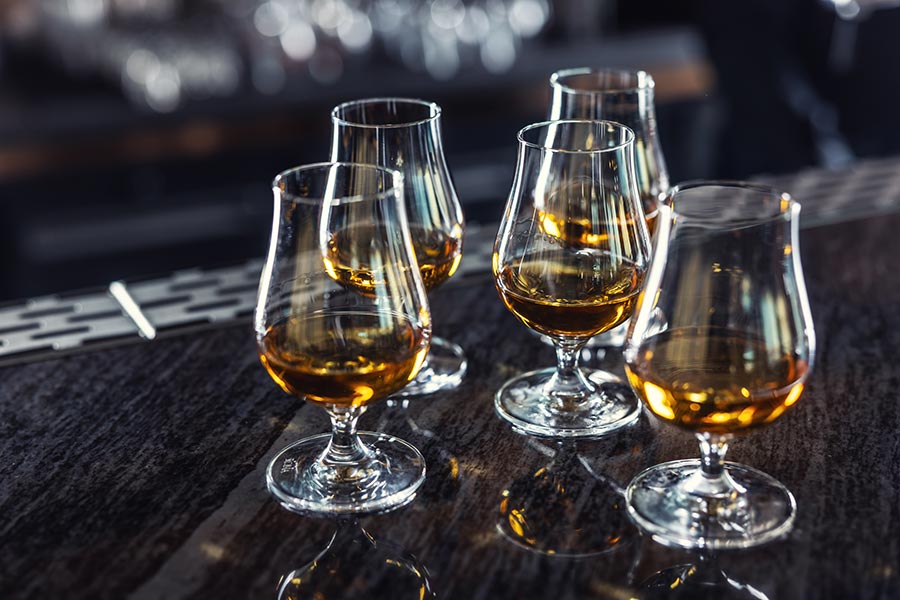A total of €91m in counterfeit food and drink products were seized across the European Union last year, according to the EU's Intellectual Property Office (EUIPO).
Authorities are warning of the health risks posed by counterfeit food as well as the harm to the economy.
The EU says fraudulent food has been found to contain dangerous substances such as methanol, mercury, fipronil and various insecticides or pesticides.
Counterfeit products are often associated with luxury goods but food products are the second most seized category of products at the EU's external borders.
According to to the 2022 Intellectual Property Crime Threat Assessment, foodstuffs – particularly cookies, pasta, crisps and sweets – were the second most seized category of products at the EU's external borders in 2020.
Over 3,600 EU food and drink products are protected by geographical indications (GIs), which protect the names of products that originate from specific regions and possess qualities or characteristics due to that geographical environment.
For example, Irish whiskey is a protected product name, meaning whiskey produced outside Ireland cannot legally be labelled as Irish whiskey.
Other protected Irish brands include Clare Island Salmon, Oriel Sea Salt , Irish Grass Fed Beef, and Irish Cream.
EUIPO said that wines and spirits face one of the highest counterfeiting rates compared to other products, with annual losses in sales of €2.28bn and nearly 5,700 jobs in the EU across all categories.
For Irish products, €40m in sales are lost each year in this sector.
Last year's €91m worth of seizures of counterfeit food and drink products were coordinated by Europol and Interpol, and amounted to 22,000 tonnes of food and around 850,000 litres of (mostly alcoholic) drinks.
The most common origin countries for counterfeit foods was China and Turkey.
The Executive Director of the EUIPO, João Negrão, said: "Counterfeit food and beverages are a major public health concern.

"Our campaign aims to equip consumers with the knowledge to protect themselves while supporting
legitimate businesses that uphold EU quality standards.
"This is a battle we must fight together: authorities, producers and consumers alike."











